Student Counseling Services
You are never alone at Touro Nevada. Student Counseling Services aims to provide the highest level of support for our students through individual therapy services, groups, events, and online resources.
Contact Us
Student Counseling Services
Location:
In the Division of Student Affairs
Patient Portal:
studentwellness.tun.touro.edu
Monday
8:00 AM-5:00 PM
Tuesday
8:00 AM-7:00 PM
Wednesday
8:00 AM-7:00 PM
Thursday
8:00 AM-5:00 PM
Friday
7:00 AM-3:00 PM
Additional hours are available upon request
-

